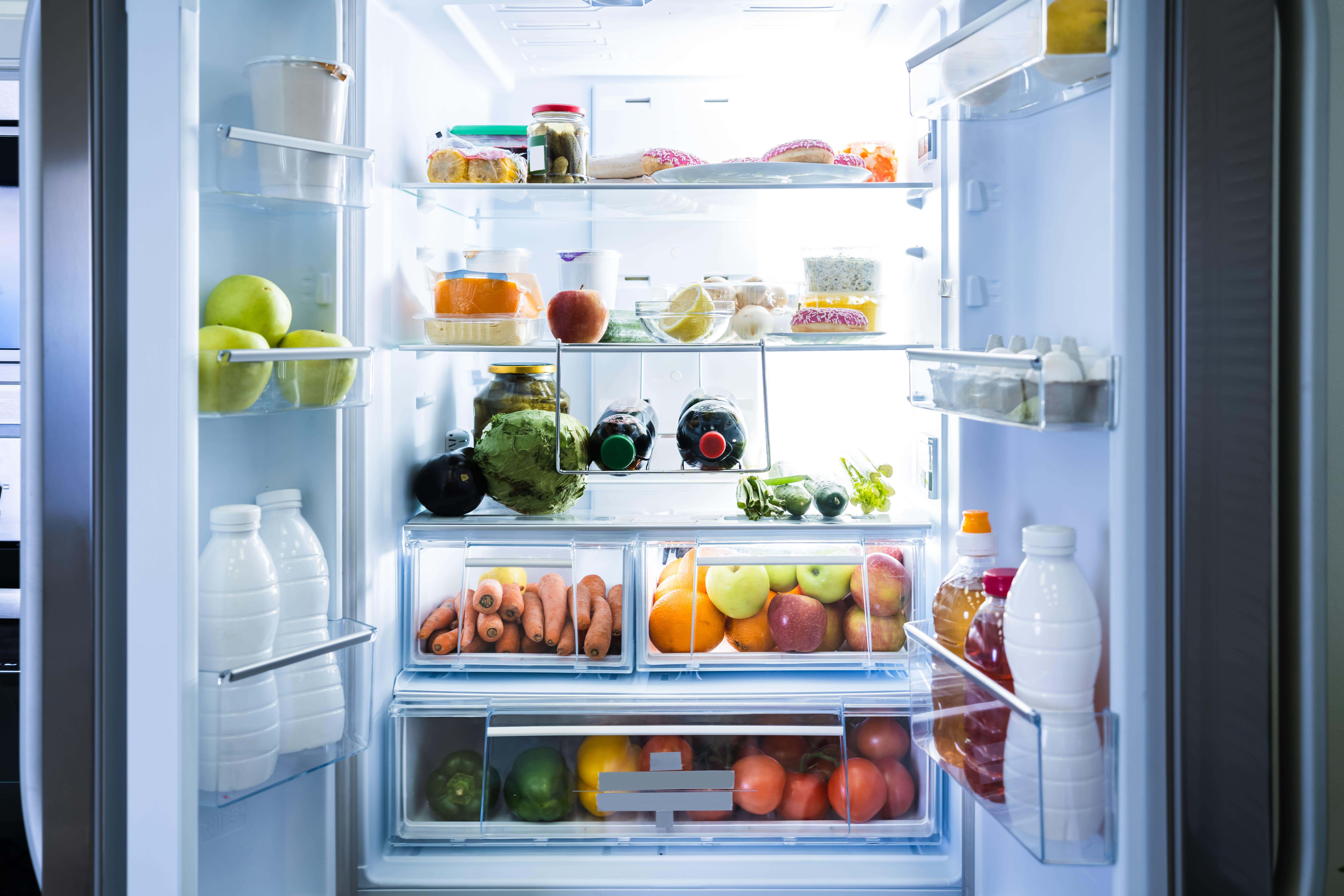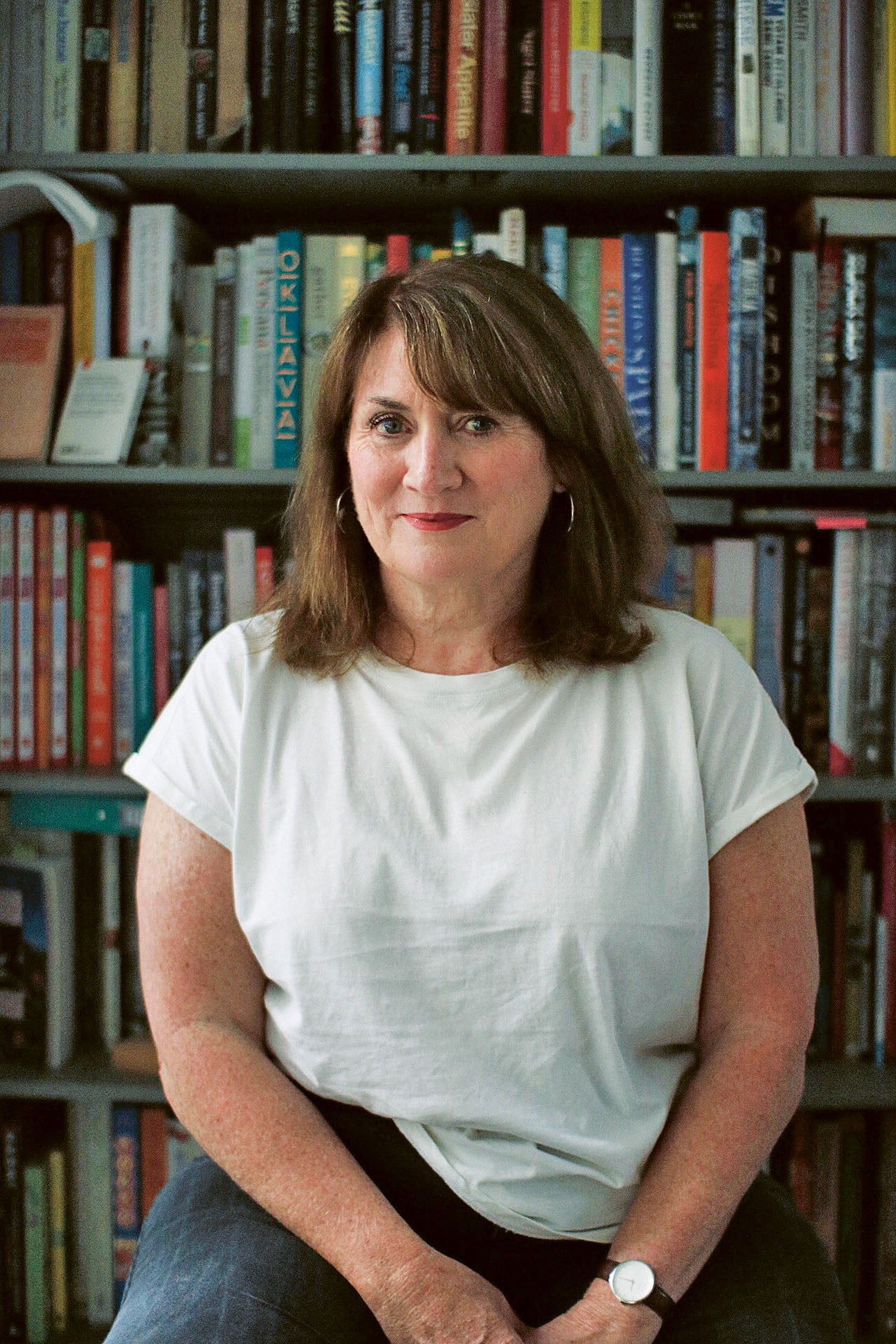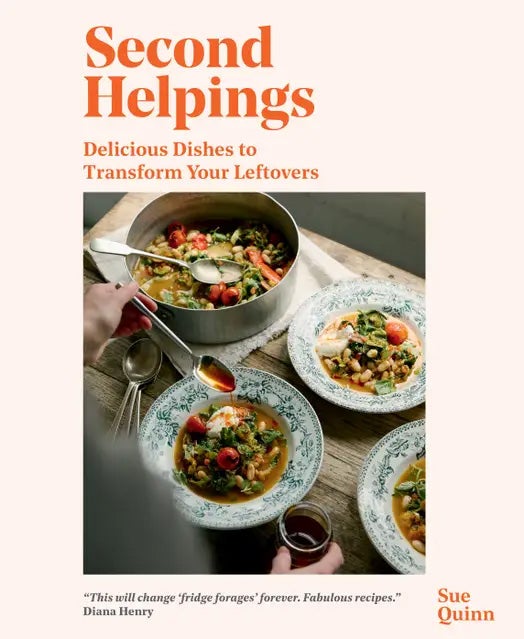Why it’s time to put leftovers back on the menu
Back in wartime, it was the financially proper thing to use up leftovers. Given the perfect storm of environmental problems and financial crises, it’s time to put them back on the menu, food writer Sue Quinn tells Prudence Wade

Leftovers have a bit of an image problem.
They’re often seen as the sad bits of lettuce or remnants of a meal at the back of your fridge that you know you should use up, but they don’t really seem all that appealing.
Back in wartime, it was the “financially proper” thing to use up leftovers, explains food writer and author of new cookbook Second Helpings, Sue Quinn, but that later changed.
“There was a period in the Sixties where leftovers fell out of fashion a bit – not using leftovers for dinner was almost a sign that you were comfortably middle class,” she says.
But things are shifting again, now that there’s a “perfect storm of environmental problems and financial crises”, Quinn adds, putting the spotlight back on leftovers.
“It’s focused all our minds on really valuing the food we have and eating all of it. It just makes sense, doesn’t it? It makes sense on every level not to throw money into the bin,” Bournemouth-based Quinn explains.
“And people are starting to have a greater appreciation that food waste goes into landfill, which rots and methane gas goes into the atmosphere, and that causes environmental issues.”

If those reasons aren’t compelling enough for you, Quinn adds: “They’re low effort, because you’ve already done the bulk of the hardcore cooking.”
Looking to make the most out of your leftovers? Quinn has a few top tips.
Store them properly
Storing your leftovers properly “really does make a huge difference”, says Quinn, 57.
She suggests tinfoil is the “enemy of leftovers” because it covers them up: “We can’t see what they are, so they get gradually shoved to the back of the fridge and we discover them a week later, mouldy.
“So really thinking about storing your leftovers will enable you to see what you’ve got and it’s much easier to get inspired.”
Do the prep
Quinn’s top advice is to do all the prep before you put your leftovers away – taking the example of a roast chicken.
“My approach is to pull the meat off the chicken as soon as you possibly can, put it in a lovely container with a lid so it’s airtight, use a marker pen to put: ‘This is shredded chicken’.
“That’s much more appealing – someone’s going to use that much more quickly than a manky plate that looks as though it’s going to take you an hour to deal with.”
Don’t be afraid to buy more

It’s a common misconception that you have to use up your leftovers all at once, but Quinn just doesn’t buy into this theory.
“You don’t have to get to ground zero in your fridge. On a Monday morning after a roast, the aim is not to clear everything out – you still have to be eating [that week],” she says.
“You just have to prioritise the elements that are going bad first. Most leftover cooked food can last three or four days in the fridge if you store it well. There’s no reason you can’t use it piecemeal and buy more ingredients to use with it – and then really enjoy the dish that you’re doing, rather than scraping it all into a pan and getting rid of it.
“Put a little bit more thought into it,” she adds – and if that requires buying a few more ingredients, so be it – so long as everything is used up at some point.
Lean into spice
Quinn calls spice the “secret weapon to leftovers”, because they mean you can “choose your own adventure” and make the next meal totally different to the first one.
For example, in her latest cookbook she’s got a recipe for roast dinner enchiladas.
“You transform [your roast dinner] into something completely different, because of the spice journey that you’re taking with the enchiladas, and also the form that it’s taking – you’re wrapping it in tortillas and it’s a completely different experience. It really doesn’t taste like something that is leftovers.”
Change your mindset
Ultimately, Quinn wants to challenge our misconceptions around leftovers.
Her advice? “Celebrate leftovers – don’t just think of them as something you need to use up because you should. Use them up in a way that’s really special and get the most out of them.
“It’s an opportunity for deliciousness, rather than something you should get rid of.”
‘Second Helpings’ by Sue Quinn (Quadrille, £18.99).
Join our commenting forum
Join thought-provoking conversations, follow other Independent readers and see their replies
43Comments